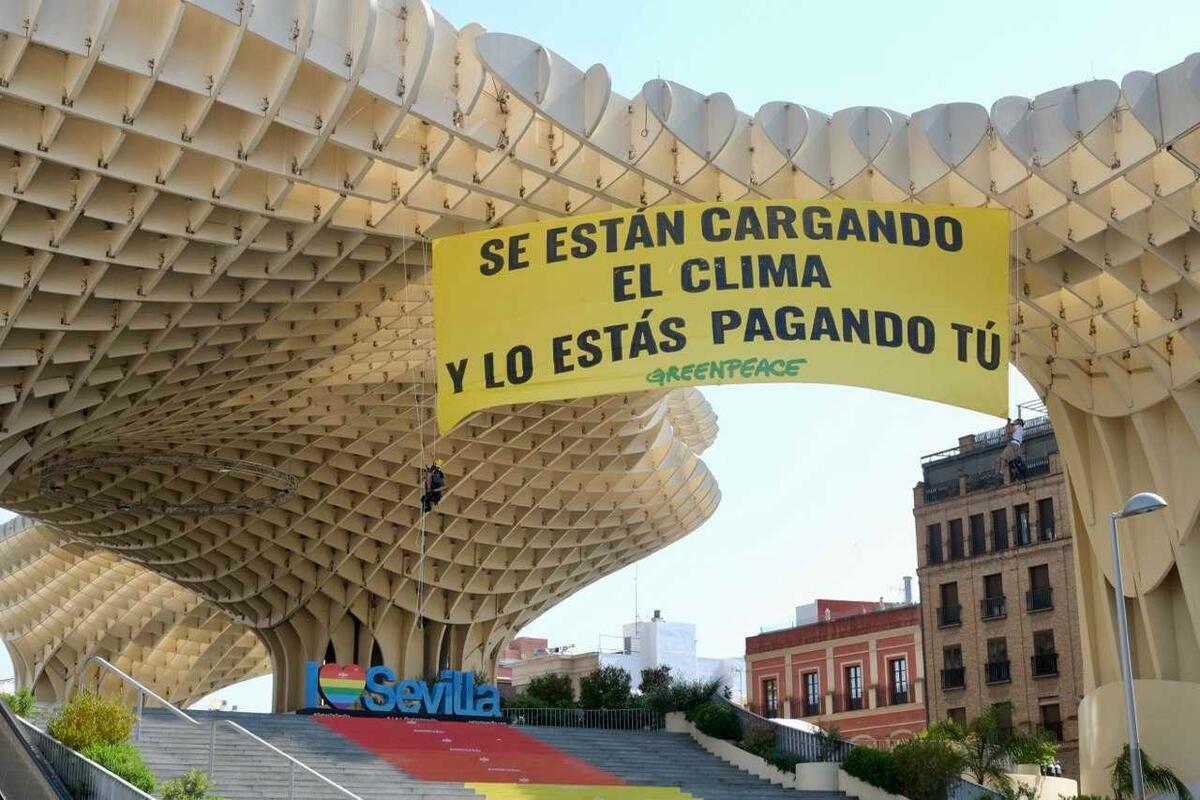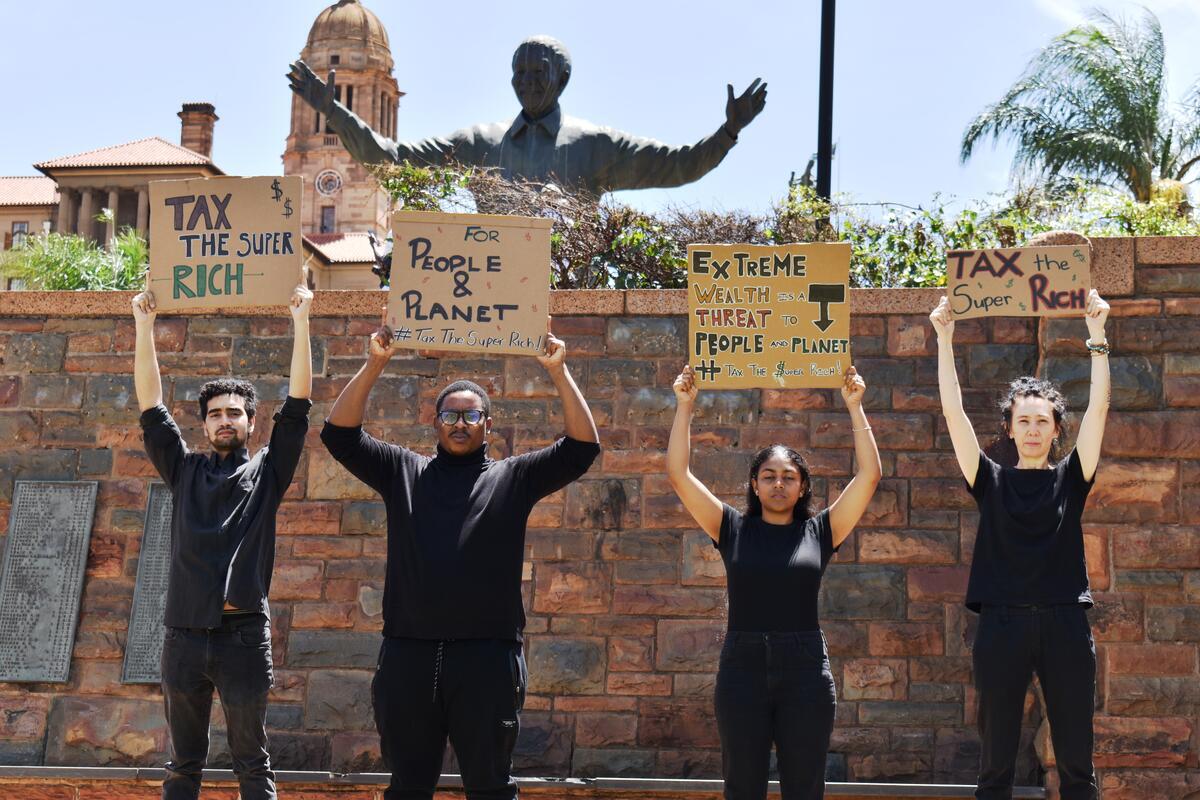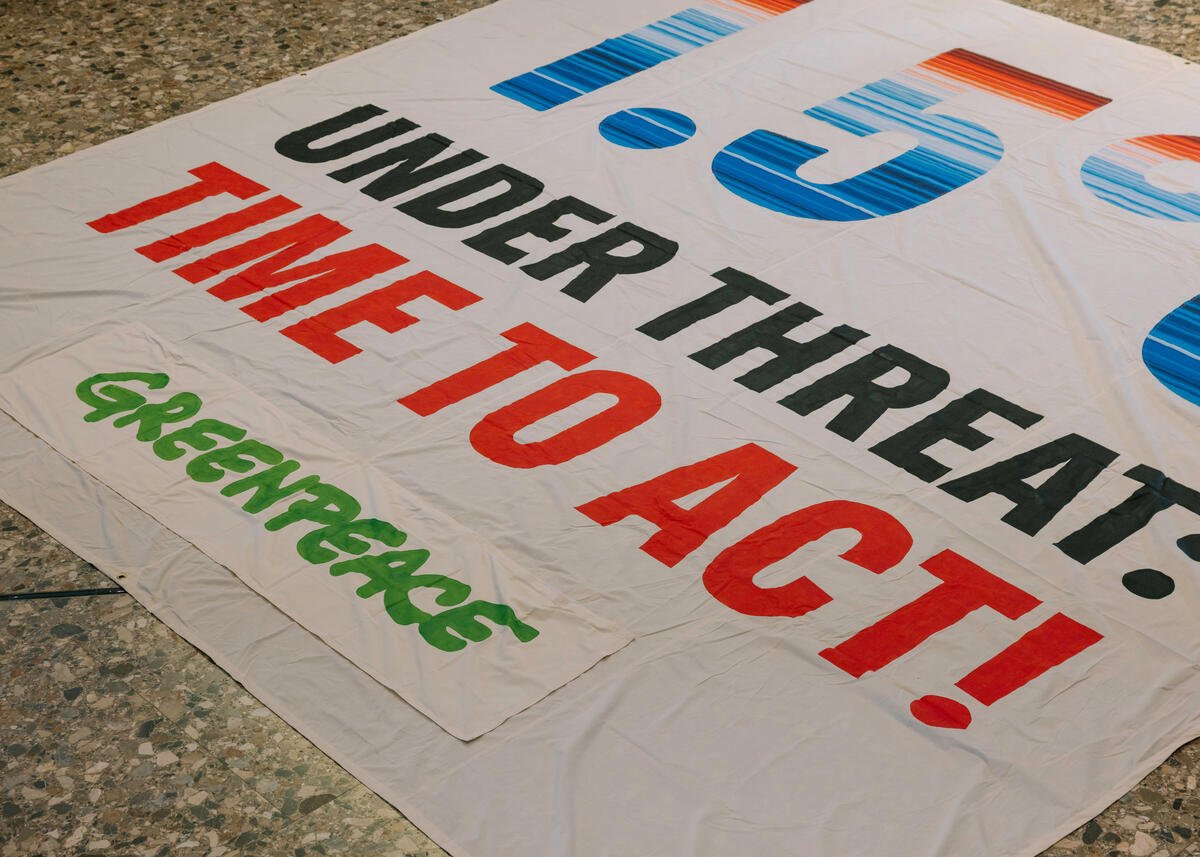A child born in 2020 will be 80 years old in the year 2100. Some of us may not be around then so we can only imagine the future Generation Alpha will face if climate change continues to intensify. Extreme weather events, rising sea levels, heatwaves and droughts are all symptoms of environmental breakdown that will get far far worse if governments do not act urgently to cut emissions, protect ecosystems, promote green energy, support adaptation to reduce vulnerability and cultivate strong international cooperation between them and businesses, including the most polluting sectors.
The roots of this climate and nature crisis lie in a global system that puts the interests of a wealthy few above the health of people and the ecosystems we depend on. The system is deeply unjust. Those impacted first and worst by ecological crisis have done least to cause it.
We are lucky to live in a world where youth climate leaders exist and are loud and proud in their demands to International organisations and corporations and governments to bring on systemic change. Raeesah Noor-Mahomed, a 18 year old activist from South Africa, 20 year old Yero Sarr in Senegal, 22 year old Fatna Ikrame El Fanne in Morocco and Elizabeth Watuthi in Kenya, are some of these 10 African youth climate activists changing the face of the planet. They serve as examples of how you and me as a millennial or Gen-Z can step up and demand better for our generation and future generations.
How can a Gen-Z participate in climate talks and take action for a better liveable future?
These are some ways you can get involved in the community around you to champion climate justice and hold decision makers to account.
1. Join peaceful protests near you
Youth led organisations, especially in the global south which are some of the most affected areas, are mobilising locally and globally to demand urgent action to tackle the climate crisis, end fossil fuel emissions and transition to renewable energy for all. In 2018, then 15 year old Greta Thunberg began a school strike for climate. She sat outside the Swedish parliament every Friday alone and was soon joined by others. They created the hashtag #FridaysForFuture, and encouraged other young people all over the world to join them. The Friday for Future and the Most Affected People and Areas movement organises events and online protests targeting governments and corporations demanding accountability and system change. There are many ways you can take part.
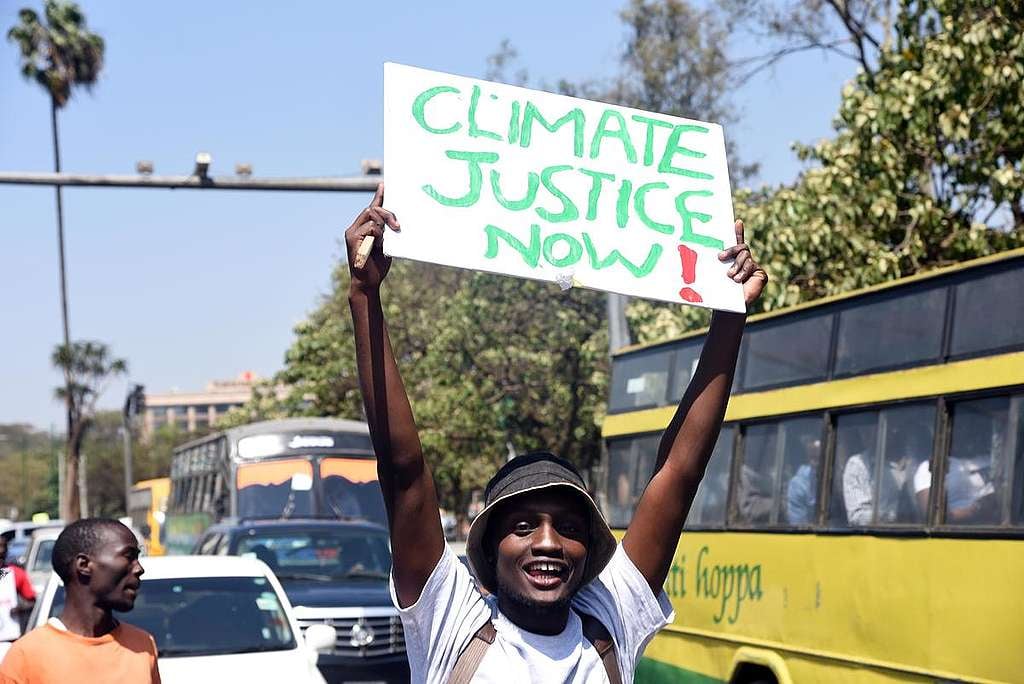
2. Sign petitions and share them on social media
For those who have access to the internet and social media platforms (68% of us do, 42% don’t), we live in a world that is well connected. Everyday there are several media you can use to bring awareness to issues around you and push for change.
There are lots of ways to get involved and signing petitions, joining global days of action, sending a message to decision makers and sharing them on social media with specific hashtags is one way to make your voice heard, because it matters.
3. Protect green spaces
A 100 year old fig tree in Nairobi, Kenya was once an intense topic of discussion as city officials planned to fell it to pave way for the Nairobi expressway. The online protests under #SawsOffOurTrees got the government’s attention and as a result the century old tree was announced to be preserved as a national symbol of environmental conservation. As a climate conscious millennial or Gen-Z, dedicating time to protect green spaces from encroachment and using your voice will make a difference. The Late Nobel Laureate Dr Wangari Maathai refused to compromise her belief that the people were best trusted to look after their natural resources as opposed to the corrupt cronies of the government.
We owe it to ourselves and to the next generation to conserve the environment so that we can bequeath our children a sustainable world that benefits all.
– Dr. Wangari Maathai, Nobel Laureate
4. Use your talents for the cause
Another way Gen-Z can give a voice to the cause of climate justice is by using art to create awareness and inspire action. Recently, Greenpeace had a walkthrough article on 50 years of Greenpeace and Music which showcases how artists over years use their talent as a form of protest and nonviolent direct action. Paint what the environment degradation means to you, compose your interpretation of what a world free of plastics and fossil fuels would look like for the world to see. Share your art to raise the awareness, courage and hope that is still very much needed in the times we live in.
5. Keep learning
Yes, climate change circles may have acronyms that are too complex to grasp or climate jargon that one may question if it is worth noting. I am here to tell you this, with research and learning, millennials and Gen-Z can have a better understanding of climate change and the justice issues affecting our world. And we can lead the way to protect what we love. Vanessa Nakate’s book, A Bigger Picture: My Fight to Bring a New African Voice to the Climate Crisis, is a great place to start.
6. Use the law
From Kenyan school children to Swiss seniors, people of all ages are using the law to demand climate justice and hold big polluters accountable for the loss and damage they’ve caused. Six Gen-Z and millennial climate activists in Norway are taking Arctic oil drilling to the European Court of Human Rights. And more cases are coming. With IPCC climate science reports in hand and buoyed by legal victories such as those against Shell in courts in South Africa, the UK and the Netherlands, the message to climate criminals is clear: “we’ll see you in court”.
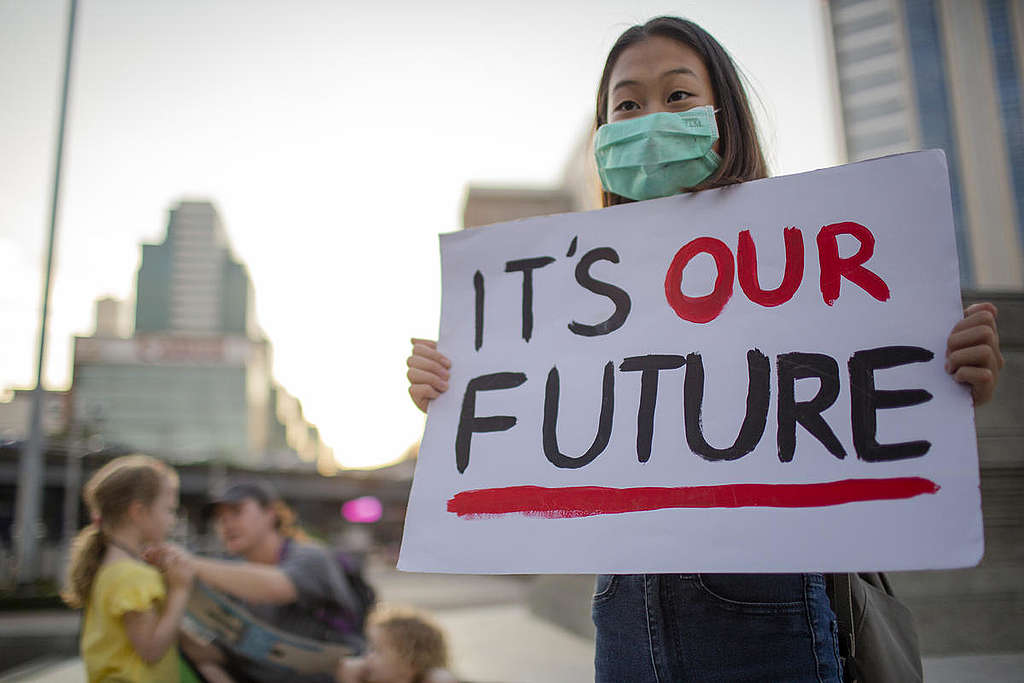
7. Tell your climate story
We’re never too young (or too old) to share our experiences. Telling your story and listening to others is a powerful way to connect, inspire and shape new futures. How have you been impacted by the climate crisis? What gives you courage to keep fighting? Share your story.

